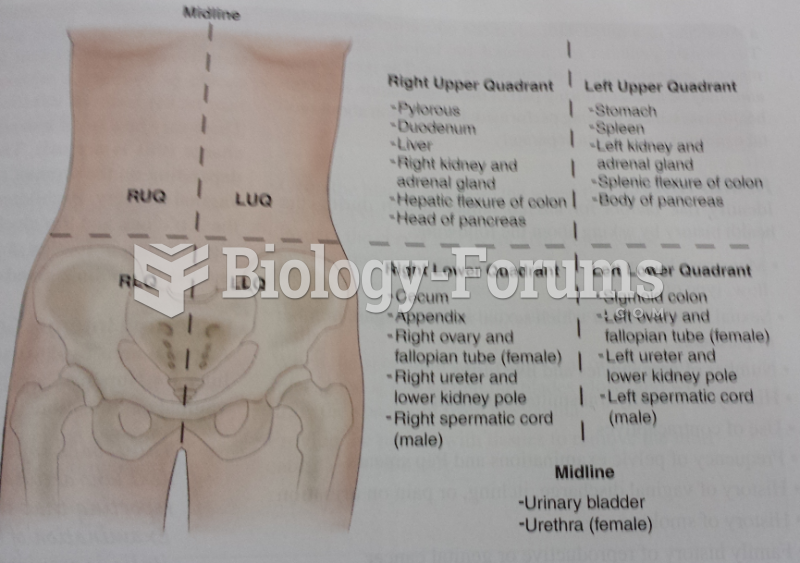Answer to Question 1
A
Effective problem solving involves evaluating the solution over time to be sure that it is still ef-fective and if a problem occurs you try different options, which the nurse did in this scenario. In commitment, you anticipate the need to make choices without assistance from others. The nurse did not anticipate the need as evidenced by the fact the nurse did not fully investigate until the second time. The scientific method is one formal way (in this scenario the nurse did not use the formal approach) to approach a problem, plan a solution, test the solution, and come to a conclu-sion; it is usually used in research. In diagnostic reasoning, the information a nurse collects and analyzes leads to a diagnosis of a patient's condition. Nurses do not make medical diagnoses; they make nursing diagnoses, which is a part of diagnostic reasoning. This scenario deals with an equipment problem, not a patient health problem (diagnostic reasoning).
Answer to Question 2
A, B, E, F
Restless leg syndrome (RLS) is characterized by a series of uncomfortable sensations, such as itching, tingling, or crawling, that occurs in muscles of the lower extremities when they are at rest. Moving, walking, standing, or rubbing provides temporary relief but the sensations occur repeatedly; the legs jump involuntarily if they are not moved and these movements can waken the person from sleep. The cause of RLS is unknown, but some cases have been associated with iron deficiency, dialysis, pregnancy, alcohol dependence, and smoking. A nurse can assist the client who has RLS to avoid potential contributing factors such as smoking or alcohol intake. Medication may be prescribed for symptomatic relief.






